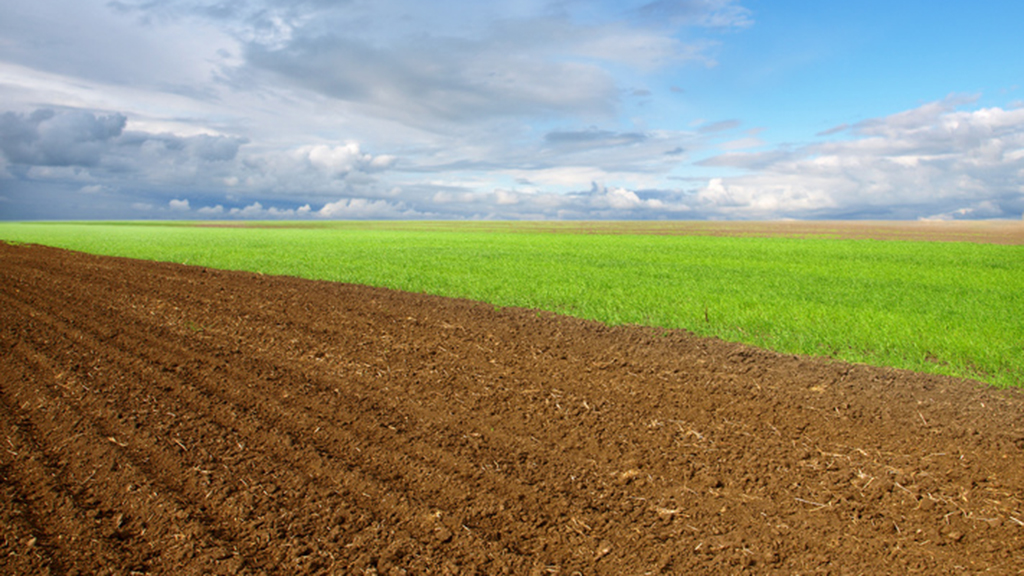Abstract
With increasing U.S. government support for biofuel production in the late 2000s came increased pressure to convert more land to cornfields for ethanol. To make way for more corn, millions of acres of prairie grassland were plowed under, destroying an extremely diverse wildlife habitat that also served as a large carbon reservoir. This case study focuses on the reasons for and consequences of large carbon losses when prairie grasslands are converted to agricultural lands. Many students are challenged when faced with linking together energy flows, decomposition, and nutrient cycles. This case gives students the opportunity to consider different pools in the carbon cycle and the fluxes between them in order to model (on paper) an integrated picture of why carbon is lost when prairie grasslands are plowed and planted to cornfields. Students also consider ways that carbon loss from land conversion due to ethanol production might be avoided via government incentive programs or mitigated via changes to farming practices. This case study was developed for an introductory ecology, environmental science, soil science, or agriculture course.



